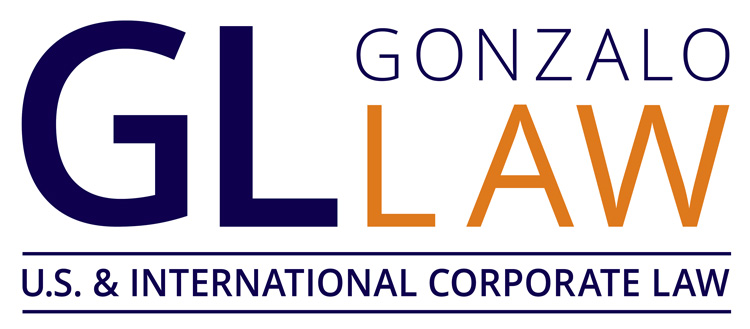
When doing any type of deal, it is important to do your due diligence. This is especially important when it comes to international deals.
If you will engage in business with another company, see our firm best practices for doing cross border due diligence as follows:
2. MONEY: If part of the deal involves wiring large amounts of money, ensure that you have put all parties on notice and that they are clear about your anti-money laundering policy and policy against the payment of bribes as a U.S. company. Consult your cross-border accountant to confirm all of the appropriate IRS tax forms have been completed W-8BEN, W-9s as well as any other necessary tax forms in the home country of any foreigners involved. When possible, work with a third party financial institution to serve as an escrow agent to hold funds in trust until all aspects of the deal have been completed. They can offset any risk in transferring international funds.3. VERIFY BEFORE MOVING OR GIVING ACCESS TO MONEY: If part of the deal involves wiring large amounts of money or providing access to your company bank accounts, books, or records, then ensure you have conducted a thorough background check of the individual who would have this access or who will send or receive the funds. Any past history of embezzlement, fraud, or theft by a potential business partner should be noted. High level executives have a fiduciary duty to the Company to act in the best interest of the company. If they hire individuals without the proper due diligence, they can be liable for a breach of those fiduciary duties if that individual acts improperly when there was a past record of misconduct with other companies. Also ask for copies – front and back – of their government issued ID. You can ensure these are authentic during a full background investigation. International IDs can be falsified and should be verified. For example, do you know what an authentic Chinese government ID looks like? Have it verified.
4. KEEP A RECORD: Include the requirement for an in-person notary or apostille of key documents when possible.
5. ENJOY: Understand that conducting cross-border transactions is a fantastic and exciting way to grow your company. Enjoy it!
Be sure to budget for the modest additional investment and time these safeguards require. Have adequate insurances in place. The cost of facilitating a fraudulent transaction – even if by accident – can be very expensive and may expose you to federal and state prosecution. If you are concerned about the reaction from the other parties if you request this information, then lean on your legal counsel or financial institution to do so on your behalf. These items are typical and expected in any business transaction, especially in sophisticated business transactions. As they always say, “an ounce of prevention can be worth a pound of cure.”
Find out more ways to protect your company and yourself when doing business when you contact us at gonzalolaw.com.






